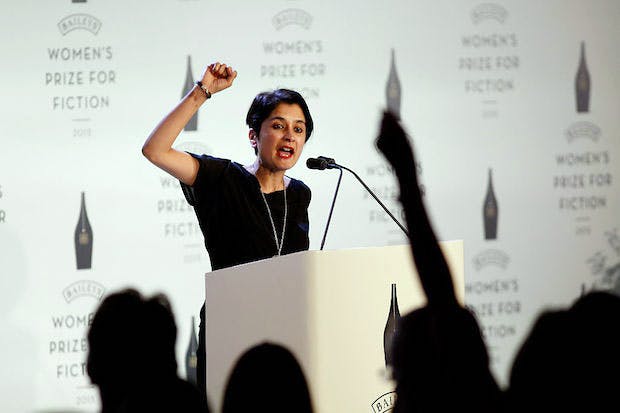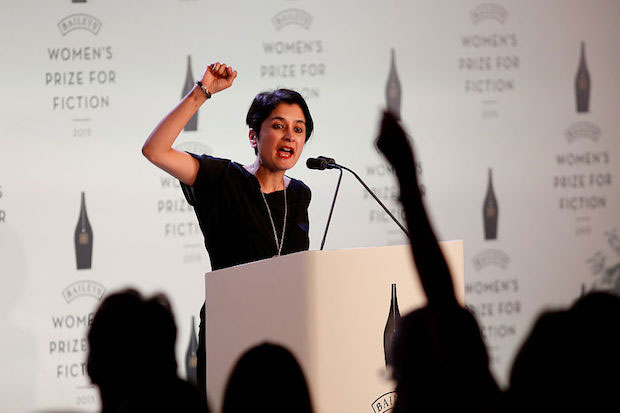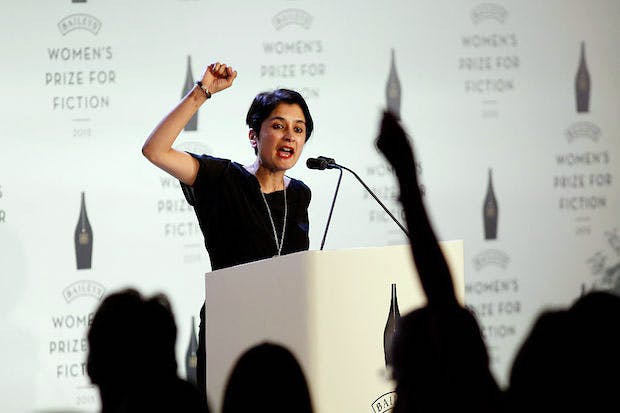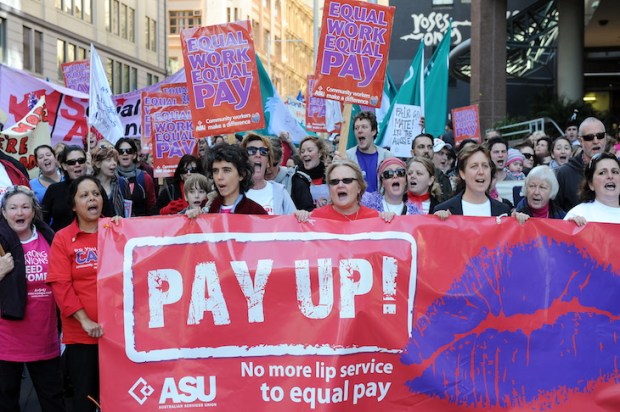I’ve been thinking about poor Shami Chakrabarti and the drubbing she’s suffered since it was revealed she’s sending her son to Dulwich College. She joins a long line of Labour hypocrites who are opposed to grammar schools but choose to send their own children to selective schools. The list includes Harold Wilson, James Callaghan, Tony Crosland, Polly Toynbee, Diane Abbott, Harriet Harman and Seumus Milne.
My issue with these Labour grandees is not so much the double standards, although that does stick in the craw, obviously, but the stupidity. Why risk their political credibility and, for those that go private, beggar themselves, when there’s little reason to suppose that their children will do better at selective schools than they will at good comprehensives?
One of the more eye-catching revelations in the research on grammar schools published by the Education Policy Institute last month was that bright children do no better at grammars than they do at good comprehensives. That is, the GCSE results of the most able 25 per cent of children in the top quartile of comprehensives, measured according to the average amount of progress children make between the ages of 11 and 16, are just as good as the GCSE results of children at grammars. By definition, the children of these left-wing panjandrums will be among the brightest 25 per cent, since if they weren’t they wouldn’t have got into selective schools in the first place. From which it follows that if they’d gone to a good comprehensive instead, they would have done just as well. These supposedly clever, sensible parents — people who generally pride themselves on basing their decisions on evidence rather than prejudice — threw away their reputations for nothing.
Now, in Shami’s defence, there’s no similar body of evidence showing that bright children do no better at selective independent schools, at least not when it comes to their GCSEs. One reason is because the majority of children at these schools, unlike those in the Education Policy Institute’s sample, haven’t been to state primaries and therefore didn’t take KS2 SATs. That’s how the institute identifies the brightest 25 per cent of children, by looking at their SATs results. An alternative would be to sort children according to their performance in the standardised tests they take when they arrive at secondary school, such as the Cognitive Ability Tests. Plenty of children in both sectors take those tests, so if that data were publicly available it would be possible to compare the progress of bright children at private schools with that of their peers at non-selective state schools.
Trouble is, it’s not publicly available. Independent schools don’t publish theirs, which makes such comparisons impossible. We can only speculate as to why that is, but I suspect it’s because it would reveal that, as with grammars, bright children do no better at independent schools than they do at good comprehensives. Which wouldn’t be very good for business, given that it costs a lot of money to educate a child privately, particularly at a high-performing selective school. Dulwich College, for instance, charges £39,480 a year for full boarders. In fairness, Shami’s son will only be a day boy, so she’ll get away with £18,915, but that’s quite a lot if he’ll end up with the same GCSE results that he would have at a decent comprehensive. As a south London resident, Shami almost certainly lives near a comp that’s in the top quartile.
Of course, there are other reasons to educate your children privately apart from getting good GCSE results. Shami might reason that her son will make social connections at Dulwich College that he wouldn’t make at the local comp and these will stand him in good stead when it comes to his career. And there is some evidence to corroborate this. According to research carried out by the Social Market Foundation, a privately educated person will earn on average £57,653 more than a state-educated one between the ages of 26 and 42, controlling for family background and cognitive ability. Unfortunately, that’s less than the average cost of a private education and certainly less than the £132,405 it will cost Shami to send her son to Dulwich College for seven years. If her main concern is his financial security, she’d be better off investing that money in a flat for him. Then again, given that Shami’s house has been valued at £2.5 million, you probably can’t get much for £132,405 round her way.
Got something to add? Join the discussion and comment below.
Get 10 issues for just $10
Subscribe to The Spectator Australia today for the next 10 magazine issues, plus full online access, for just $10.















Comments
Don't miss out
Join the conversation with other Spectator Australia readers. Subscribe to leave a comment.
SUBSCRIBEAlready a subscriber? Log in